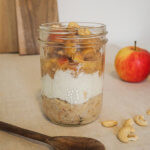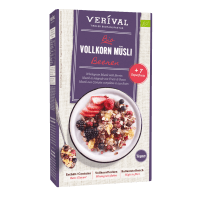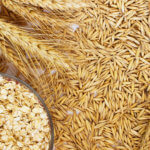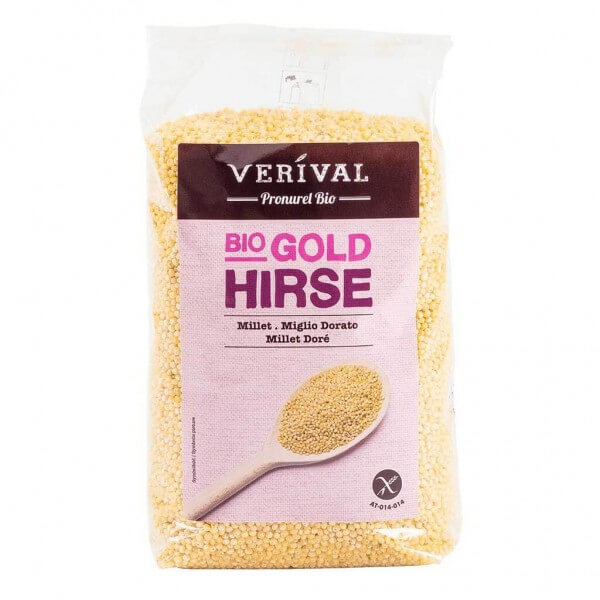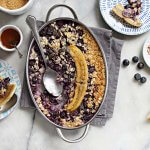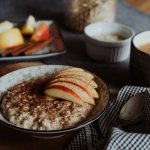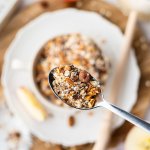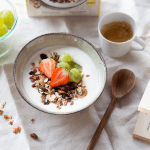Myth wheat – how unhealthy is the grain really?
June 4, 2021- Gesund leben
- Healthy lifestyle
- Nutrition
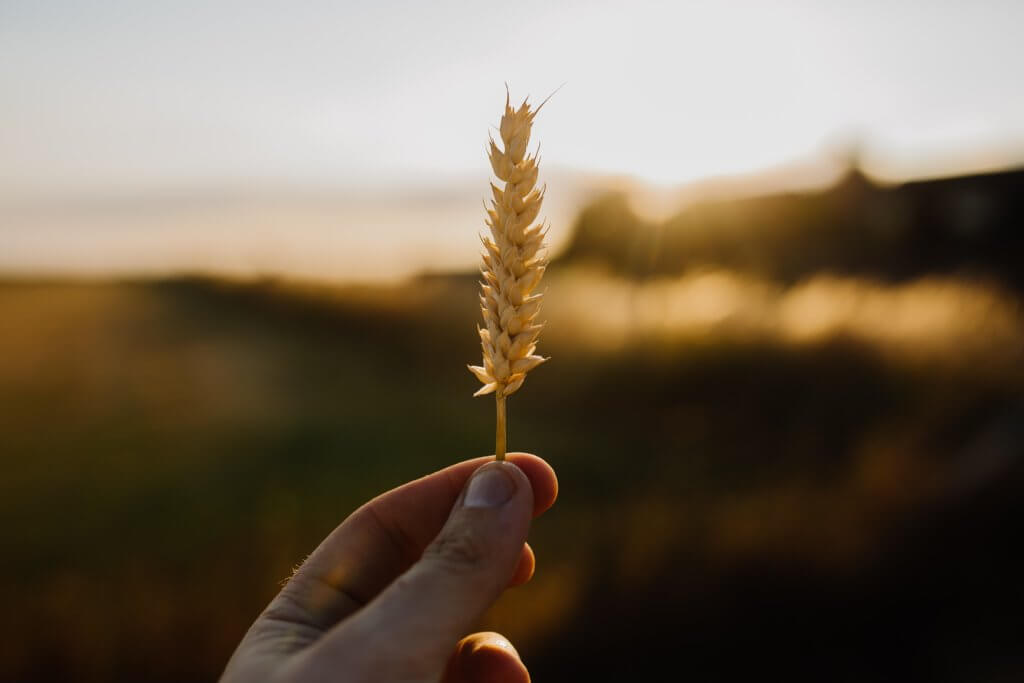
There are numerous myths surrounding wheat as a foodstuff, because the widespread grain is supposedly unhealthy and also makes you fat.
It is not only said to cause digestive problems and associated abdominal pain because of the gluten it contains, but is also suspected of promoting a wide range of diseases.
Especially due to the boom of low carb and gluten-free diets, the grain has come under fire and more and more people are now banning it from their diet.
Since wheat is mainly consumed as flour in bread, pastries and co., this is also reflected in our breakfast preferences. In addition to wheat rolls, other cereals are now very popular and variety is finding its way onto breakfast tables around the world.
But what is really behind the myths surrounding the grain? Here you can find out how unhealthy wheat really is:
Übersicht
Wheat as a staple food
Fresh rolls in the morning, pasta for lunch and a bread meal for dinner – wheat is indisputably considered a staple food and is even eaten several times a day by many. No wonder, because along with maize and rice, wheat is one of the most widely cultivated grains in the world.
In general, the grain is considered easy to digest. So if you have a sensitive stomach, wheat is a good choice.
Since wheat yields particularly high, the flour obtained from it is nowadays especially popular for foodstuffs such as bread, pasta or cakes. To ensure the highest possible yield, conventional agriculture relies on so-called high-performance wheat.
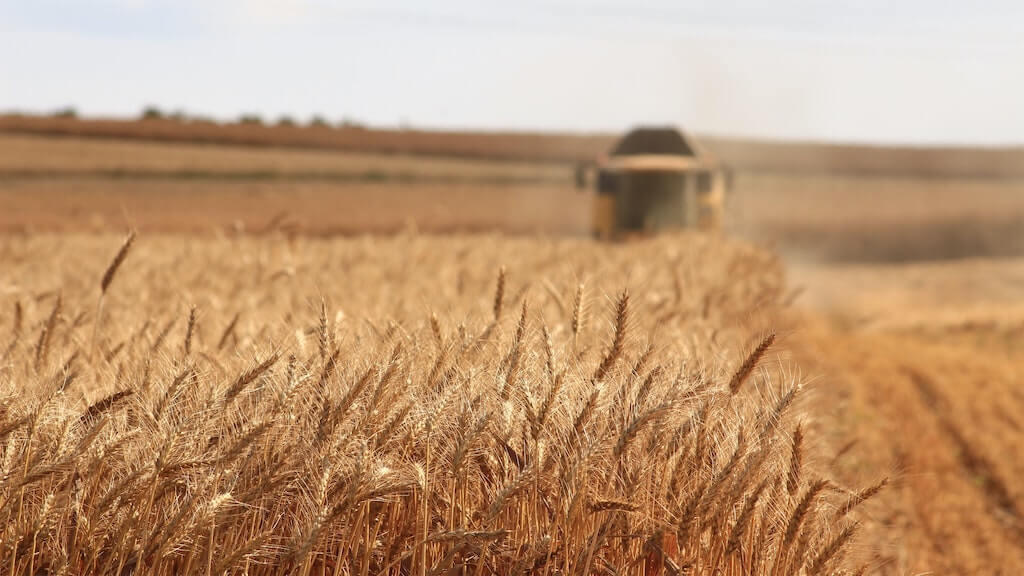
However, as this high-yielding species is also particularly susceptible to fungal attack, chemical sprays are regularly used to prevent this. In addition, the grain needs large amounts of water to thrive. Thus, unfortunately, high-yielding wheat is also considered an environmental polluter.
In organic farming, on the other hand, more robust varieties of the popular grain are used and chemicals are largely dispensed with. This benefits not only our health, but also the environment.
Wheat vs. other cereals
If you look at the nutrient composition of the different types of cereals, you will see that they all consist mainly of carbohydrates, contain little fat and provide a little protein. This is just as true for ancient grains such as oats, spelt, rye and co. as it is for wheat.
The following table provides an overview of the distribution of macronutrients in various cereals per 100 grams:
| Calories | Carbohydrates | Protein | Fat | |
| Wheat | 326 cal | 60 g | 11 g | 2 g |
| Spelt | 331 cal | 60 g | 14 g | 2 g |
| Einkorn | 320 cal | 62 g | 19 g | 3 g |
| Emmer | 325 cal | 62 g | 15 g | 3 g |
| Oats | 351 cal | 56 g | 11 g | 7 g |
| Barley | 334 cal | 63 g | 10 g | 2 g |
| Millet | 363 cal | 69 g | 11 g | 4 g |
| Maize | 331 cal | 65 g | 9 g | 4 g |
| Rye | 326 cal | 61 g | 10 g | 2 g |
| Rice | 351 cal | 75 g | 9 g | 1 g |
In the table you can see that there are no major differences between the individual cereals, neither in the number of calories nor in the distribution of macronutrients. In this respect, it makes little difference whether you choose wheat or another cereal.
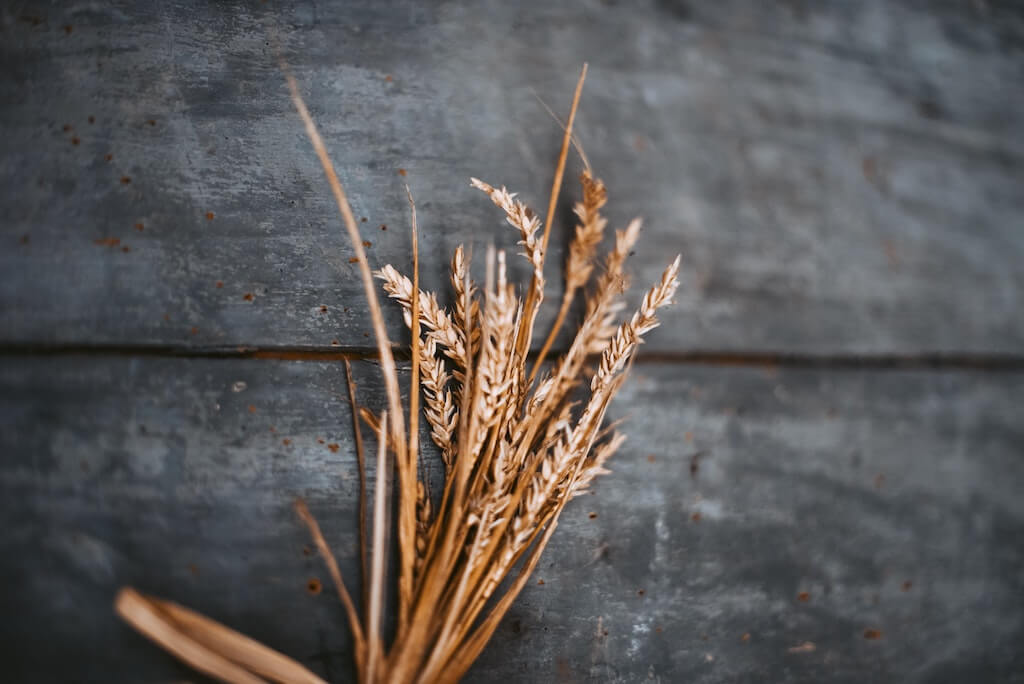
The grain also contains important minerals such as magnesium, potassium and calcium and vitamins A, B1, B2, B6 and E. As a wholemeal variety, the grain also provides healthy dietary fibre, which not only strengthens digestion but also keeps our blood sugar constant.
Health myths about wheat
Wheat is considered an unhealthy fattening food in many circles, and at the latest since low carb has become trendy and gluten-free products are enjoying increasing popularity, many people are giving the widespread grain a wide berth.
Nowadays, it is mainly the ground grain in the form of wheat flour that is used for all kinds of foods and dishes. Wholemeal wheat in its original form is hardly used any more. However, it is precisely this flour that gives wheat its bad reputation.
We have taken a closer look at two particularly persistent myths about the grain:
1. wheat is unhealthy because it contains hardly any ingredients.
It’s in every nutrition guidebook and is one of the top tips when it comes to eating healthier: White wheat flour should be replaced by the supposedly healthier wholemeal at every opportunity.
But what is actually the difference? Both varieties have the same amount of carbohydrates and yet wholemeal flour is considered healthier. The reason: While the husk of the grain is also milled in the wholemeal variant, it is removed during the milling process for the production of white flour. The husk contains a lot of healthy dietary fibre. Together with these ingredients, the health benefits are also lost.
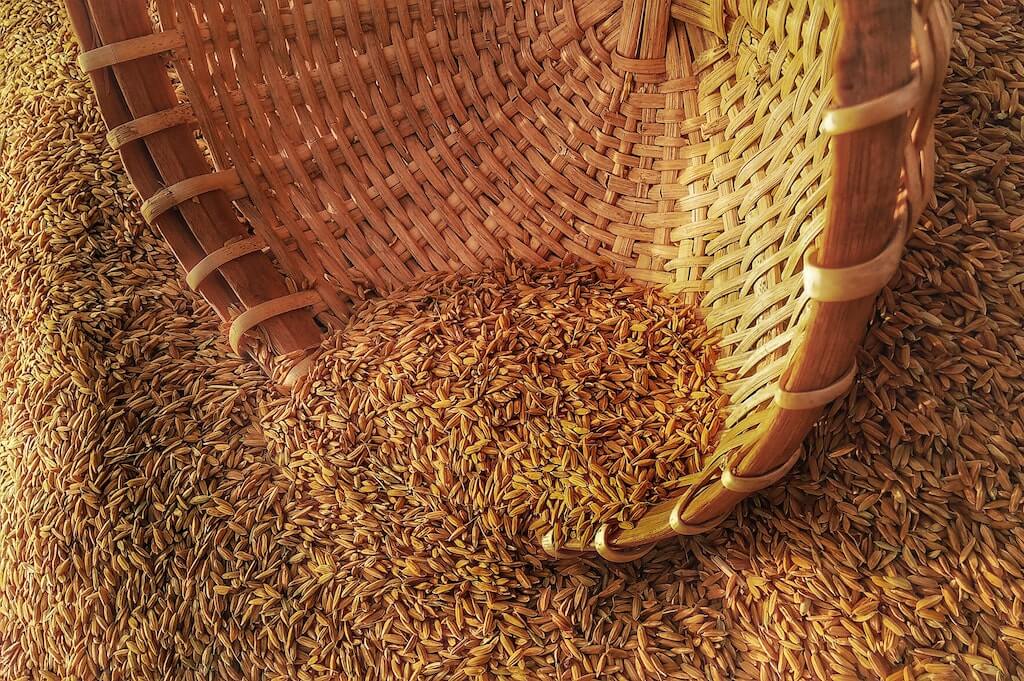
For example, dietary fibres have a positive effect on digestion and also make you feel fuller for longer.
Important B vitamins and some minerals are also contained almost exclusively in the husk of the grain. So people often talk about white wheat flour as empty calories that provide hardly any healthy nutrients.
So it is true that white flour offers fewer nutrients than the wholemeal variety, but it is wrong to make this claim about wheat per se.
2. wheat can promote diabetes
As already mentioned, cereals are generally very carbohydrate-heavy. However, this is not a bad thing in itself. It becomes unhealthy when you eat mainly “bad” or simple carbohydrates.
Unlike complex carbohydrates, they enter the bloodstream quickly and cause your blood sugar level to rise rapidly. As a result, your body secretes insulin to bring blood sugar levels back to normal.
Since the fibre-rich husk of wholemeal wheat is removed in white flour, the carbohydrates it contains are these simple and therefore “bad” carbohydrates.
If you consume wheat flour or large amounts of other simple carbohydrates very frequently, which cause your body to repeatedly release large amounts of insulin, your body develops insulin resistance and you become ill. This is called type 2 diabetes.
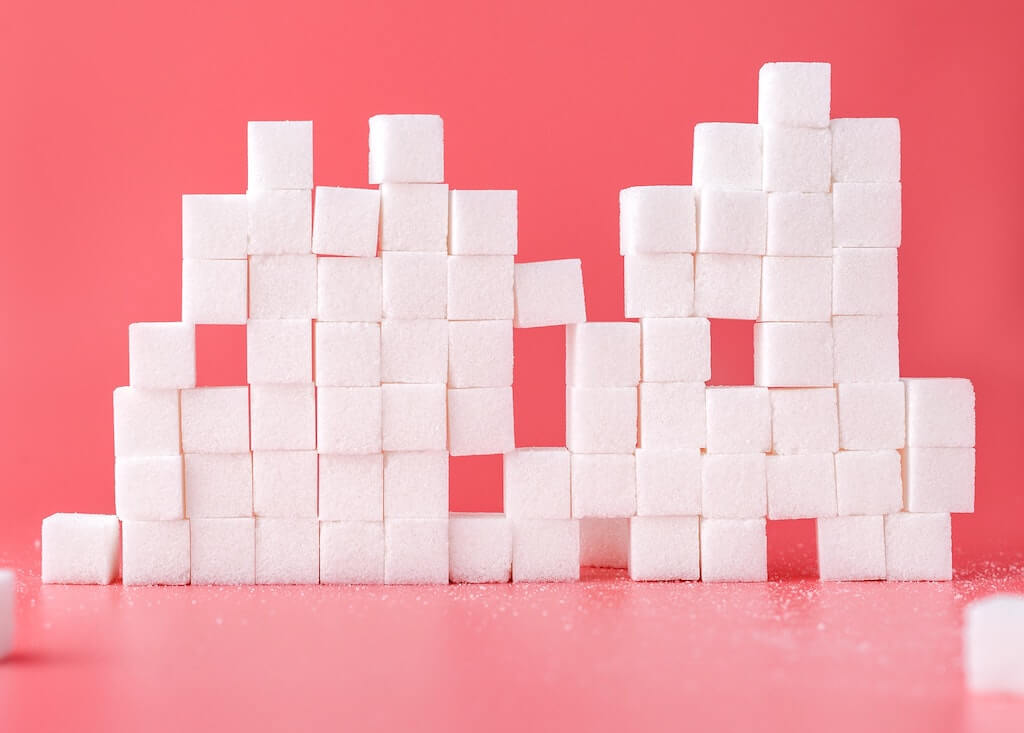
This means that wheat itself is not the problem here, but only the processing into white flour and the excessive consumption of simple carbohydrates. It is therefore advisable to resort to the wholemeal variety as often as possible in order to benefit from the health advantages of the grain.
For whom wheat is actually unhealthy
One reason why many people avoid wheat is the gluten it contains. This is a natural protein found in many grains. Since gluten intolerance, coeliac disease and the like have become the talk of the town, gluten is often blamed for digestive problems.
In people who actually suffer from such an allergy or intolerance, the gluten protein can lead to inflammation in the intestines and thus trigger abdominal pain. In the worst case, eating foods containing gluten leads to allergic reactions. Those affected should therefore generally avoid wheat or cereals containing gluten, or avoid them altogether.
For all those who are not affected, however, gluten is completely harmless and there is no reason to ban products containing gluten from the diet.
If you suspect you have coeliac disease, gluten intolerance or gluten sensitivity, monitor your grain consumption and its effects. However, you should always consult a doctor for a definitive diagnosis.
For those who prefer to avoid gluten, VERIVAL offers a wide range of delicious gluten-free breakfast products. Discover our gluten-free porridges and mueslis or try our gluten-free recipe tip:
Bircher breakfast in a glass
Ingredients
- 30 g Bircher Porridge
- ½ apple
- 3-4 tbsp yoghurt
- 1 tbsp cinnamon
- milk
Instructions
- Bring the porridge to the boil with milk or water, turn down the heat and leave to infuse for about 3 minutes. Then pour into a glass.
- Cut the apple into cubes and simmer with a little milk and cinnamon until the apple pieces soften a little.
- Add a few tablespoons of yoghurt, for example Greek or natural yoghurt, to the porridge.
- Finally, add the apple pieces as a third layer in the glass and top with a few cashew nuts.
Nutrition
The real problem: Processed foods with wheat
Let’s be clear: the grain of wheat in its natural form is no healthier or unhealthier than other grains. Although the milling process into white flour removes healthy nutrients from wheat, it still does not make the flour unhealthy.
A major reason why a wheat-free diet is healthier is processed foods. Many of them contain wheat. So if you avoid wheat, and thus industrially processed products, you will benefit health-wise and probably even achieve weight loss.
However, the problem here is not the wheat, but the combination with sugar, fat and other flavour enhancers. In pizza, cakes, biscuits and the like, wholemeal or spelt flour is rarely used, giving the impression that wheat must be the cause of all evil.

Why you can enjoy wheat without worries
A closer look at the myths surrounding wheat thus shows that only processed foods that contain flavour-enhancing ingredients in addition to the grain are harmful to our health.
Our tips are therefore:
- Consciously choose wholemeal flour to benefit from the grain’s healthy ingredients.
- Cook and bake yourself as often as possible, because this way you decide what should and should not go into your food.
- Read the ingredient list of supermarket food and stay away from products that are high in sugar, unhealthy fats and flavour enhancers.
- #gluten
- #gluten free diet
- #grains
- #healhty
- #wheat

